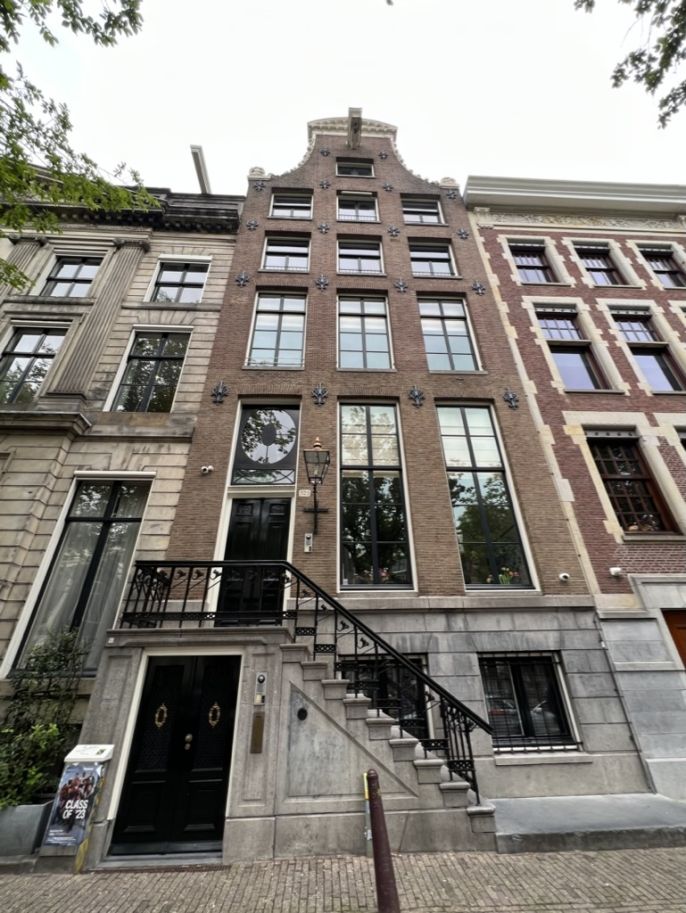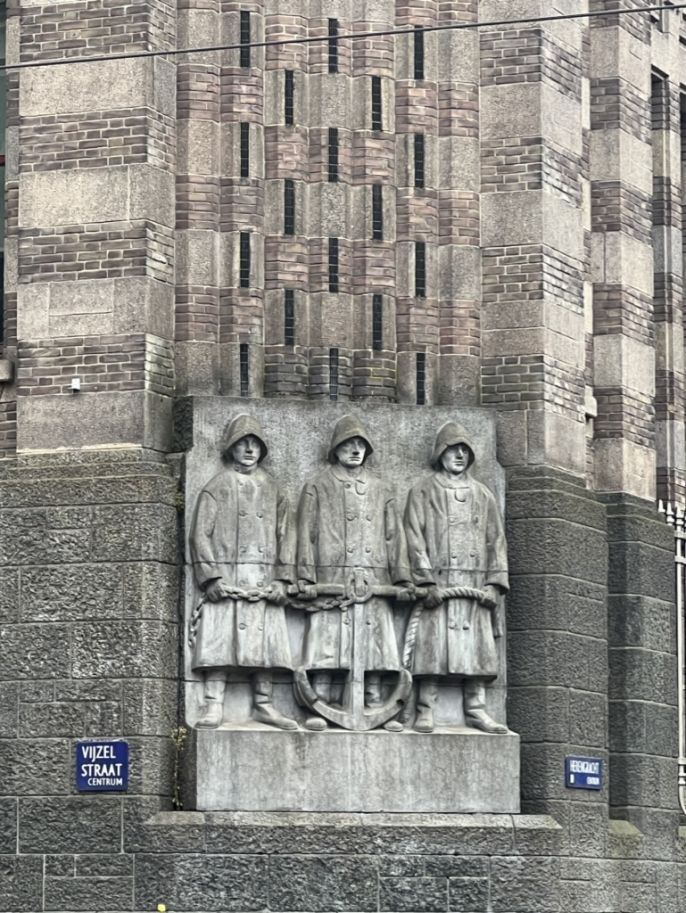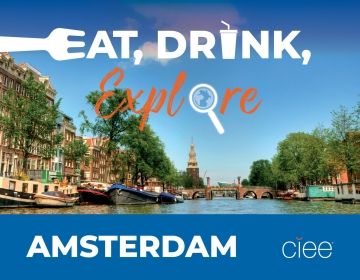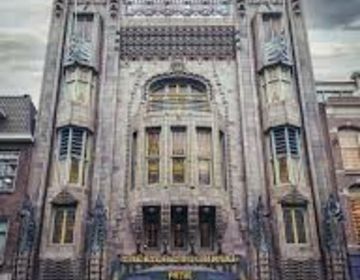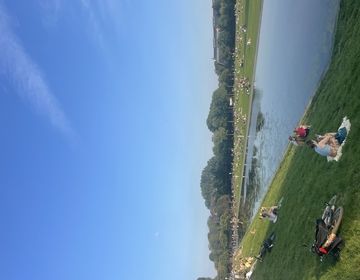Unmasking the Illusion: Confronting Racism, Political Realities, and Privilege in the Netherlands
By: Sasha Lehrer
When I first set foot in Amsterdam, I carried with me the expectation of a liberal utopia, a city built on tolerance and acceptance. However, my perception underwent a profound shift as I delved into the heart of Dutch society. The image of innocence collided with the stark realities of racism, political shifts, and the rise of right-wing populism.
My journey of self-discovery in the Netherlands took an unexpected turn when I enrolled in the CIEE class "Race in the Netherlands." This course became a valuable compass, guiding me through the complexities of privilege, the dark colonial history of the Netherlands, and the experiences of the Black and minority communities in this supposedly progressive nation.
As I navigated the coursework, I was forced to confront my own privilege. The discussions around race prompted a critical examination of the societal structures that afford certain advantages based on one's skin color. It was a challenging process, but an essential one in understanding how even in seemingly liberal societies, privilege can persist and shape the experiences of individuals.
The dark colonial history of the Netherlands was unveiled in ways that textbooks couldn't convey. Learning about the impact of Dutch colonialism on former colonies like Surinam and Indonesia was eye-opening. It forced me to acknowledge that the picturesque canals and historic architecture of Amsterdam carry with them a heavy legacy of exploitation, oppression, and cultural erasure.
The class provided a platform to explore the experiences of Black and minority communities in the Netherlands. Through guest speakers, readings, and discussions, I gained insight into the daily challenges faced by these communities, challenges often overshadowed by the picturesque postcard image of the Netherlands. Listening to personal narratives, I realized the importance of amplifying marginalized voices and acknowledging the diverse struggles that exist within this supposedly tolerant society.
The rise of right-wing populism and Geert Wilders' victory in the general election became more than just a political event; it was a tangible manifestation of the undercurrents of nationalist sentiment in Dutch society. The course enabled me to contextualize this political shift within the broader framework of historical and racial dynamics, offering a nuanced understanding of the forces at play.
In conclusion, the "Race in the Netherlands" class served as a compass, guiding me through the complexities of privilege, colonial history, and the experiences of marginalized communities. It pushed me to grapple with uncomfortable truths about the country I was exploring. As I continue my journey through the winding streets of Amsterdam, armed with a newfound awareness, I am committed to dismantling illusions and contributing to the ongoing dialogue about race, privilege, and equality in the Netherlands and beyond.
To future students considering studying abroad, I wholeheartedly recommend exploring courses that delve into race relations in your study abroad destination. Whether it's "Race in the Netherlands" or a similar program in your chosen location, engaging with these issues firsthand will provide a richer, more nuanced understanding of the cultural and societal dynamics at play. It's a transformative experience that not only enhances your academic journey but also equips you with the awareness and empathy needed to navigate the complexities of our interconnected world.
Related Posts
EAT, DRINK, EXPLORE: AMSTERDAM
BEST FOOD TO EAT IN AMSTERDAM You’ll be craving apple pie ( appeltaart) long after you’ve returned home from studying abroad in Amsterdam. That’s because it’s not your grandmother’s apple... keep reading
Pathé Tuschinski Movie Theater in Amsterdam
By: Ellie Stein If you are a movie lover like me, Amsterdam’s 1920s movie theater will be one of your favorite spots to visit in Amsterdam. The art deco style... keep reading
Embracing Sustainable Travel
By: Mya Cummins When I decided to study abroad in Amsterdam with CIEE, I knew I’d be stepping into a city famous for its canals, art, and rich history. What... keep reading
